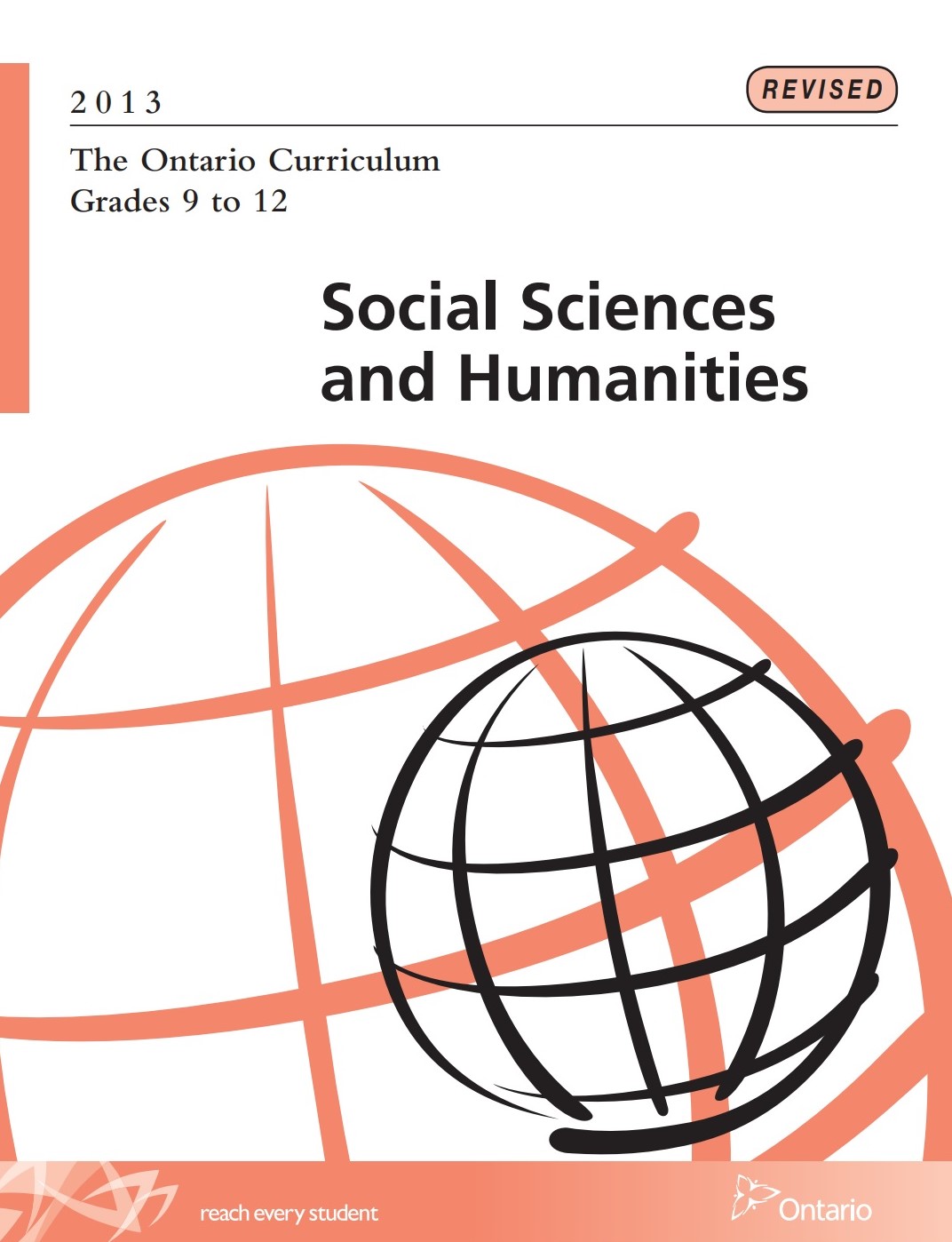
This course examines the relationships between food, energy balance, and nutritional
status; the nutritional needs of individuals at different stages of life; and the role of
nutrition in health and disease. Students will evaluate nutrition-related trends and
will determine how food choices can promote food security and environmental
responsibility. Students will learn about healthy eating, expand their repertoire
of food-preparation techniques, and develop their social science research skills by
investigating issues related to nutrition and health.

This course enables students to draw on sociological, psychological, and anthropological
theories and research to analyse the development of individuals, intimate relationships,
and family and parent-child relationships. Students will focus on issues and challenges
facing individuals and families in Canada’s diverse society. They will develop analytical
tools that enable them to assess various factors affecting families and to consider policies
and practices intended to support families in Canada. They will develop the investigative
skills required to conduct and communicate the results of research on individuals,
intimate relationships, and parent-child relationships.

This course focuses on the use of social science theories, perspectives, and methodologies
to investigate and explain shifts in knowledge, attitudes, beliefs, and behaviour and
their impact on society. Students will critically analyse how and why cultural, social,
and behavioural patterns change over time. They will explore the ideas of social theorists
and use those ideas to analyse causes of and responses to challenges such as technological
change, deviance, and global inequalities. Students will explore ways in which social
science research methods can be used to study social change.